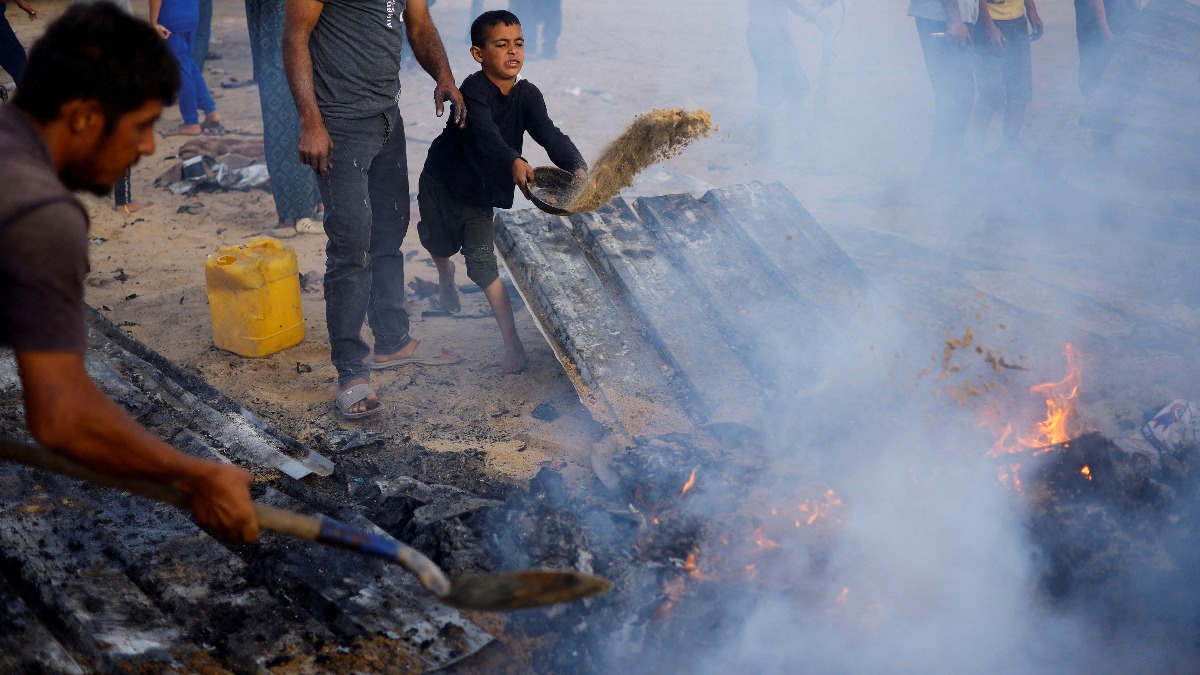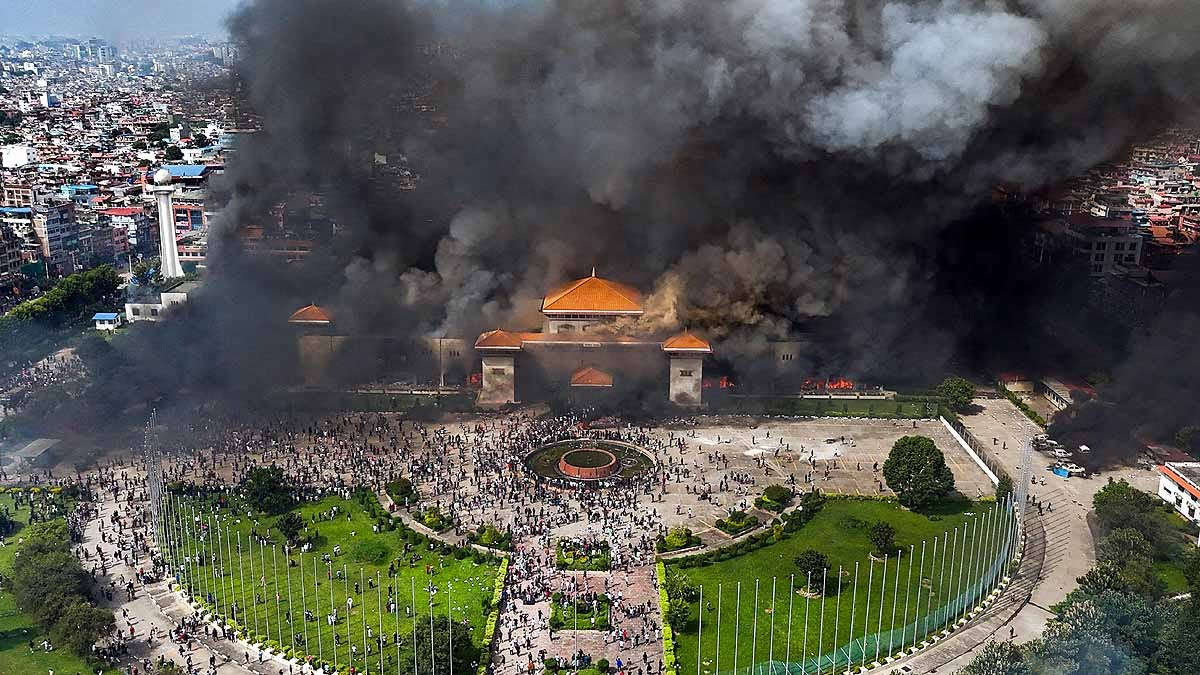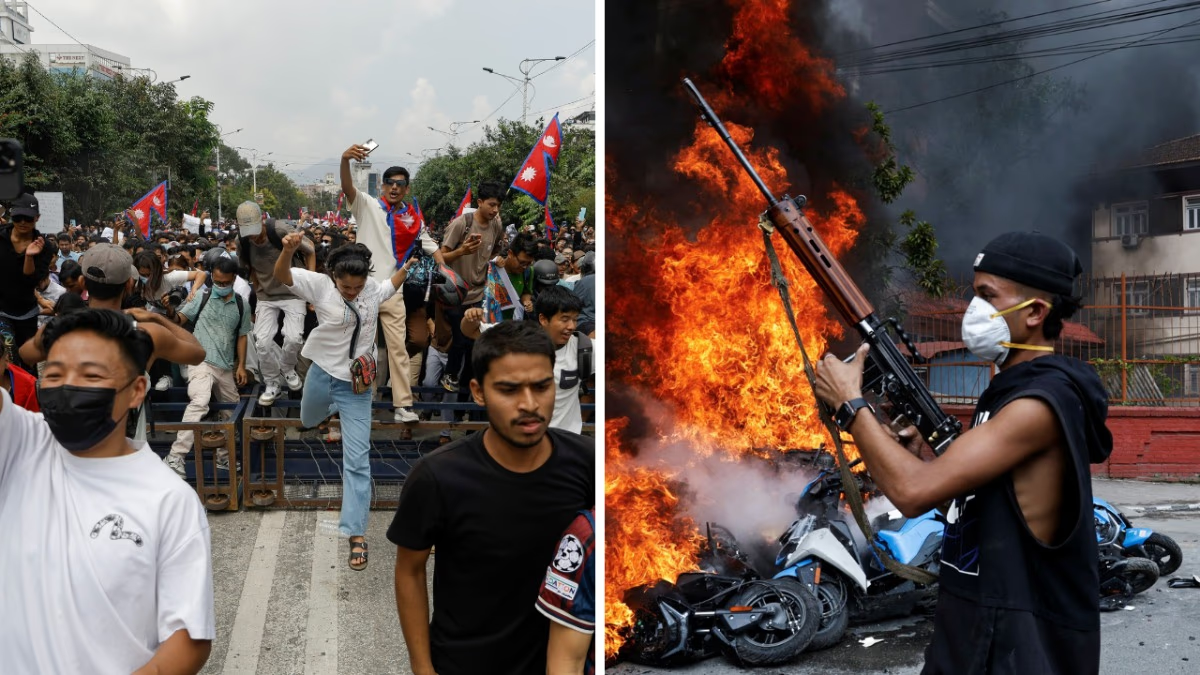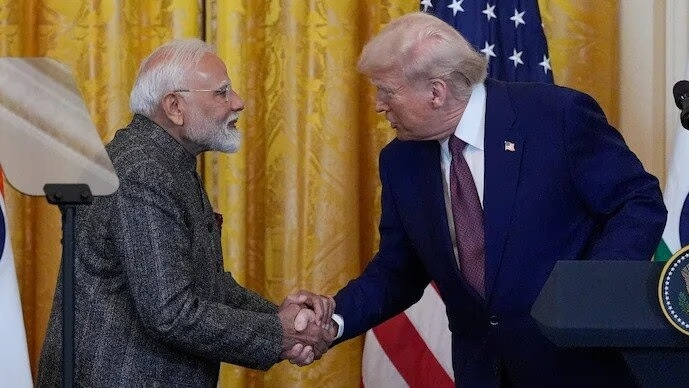The world is witnessing the devastation of Rafah, a city in the southern Gaza Strip, amidst the war between Israel and Hamas. Israel has been criticized by various countries for recent attacks on refugee camps. Prime Minister Netanyahu later called it a 'tragic mistake' in parliament. Satellite images show Rafah after the Israeli airstrike.
45 people killed in Israeli attacks
Satellite images released by Maxar Technologies on Wednesday show Rafah before and after the Israeli airstrike on Sunday, May 26, which caused a refugee camp to ignite, killing 45 people. Israel claimed it targeted two notorious Hamas terrorists in a compound and didn't intend to harm civilians.
Most of those killed in the Israeli attacks were children and women. Maxar Technologies also released images of the Kerem Shalom border crossing, where Egypt on Friday, May 24, had committed to temporarily allowing humanitarian aid provided by the United Nations to reach Gaza.
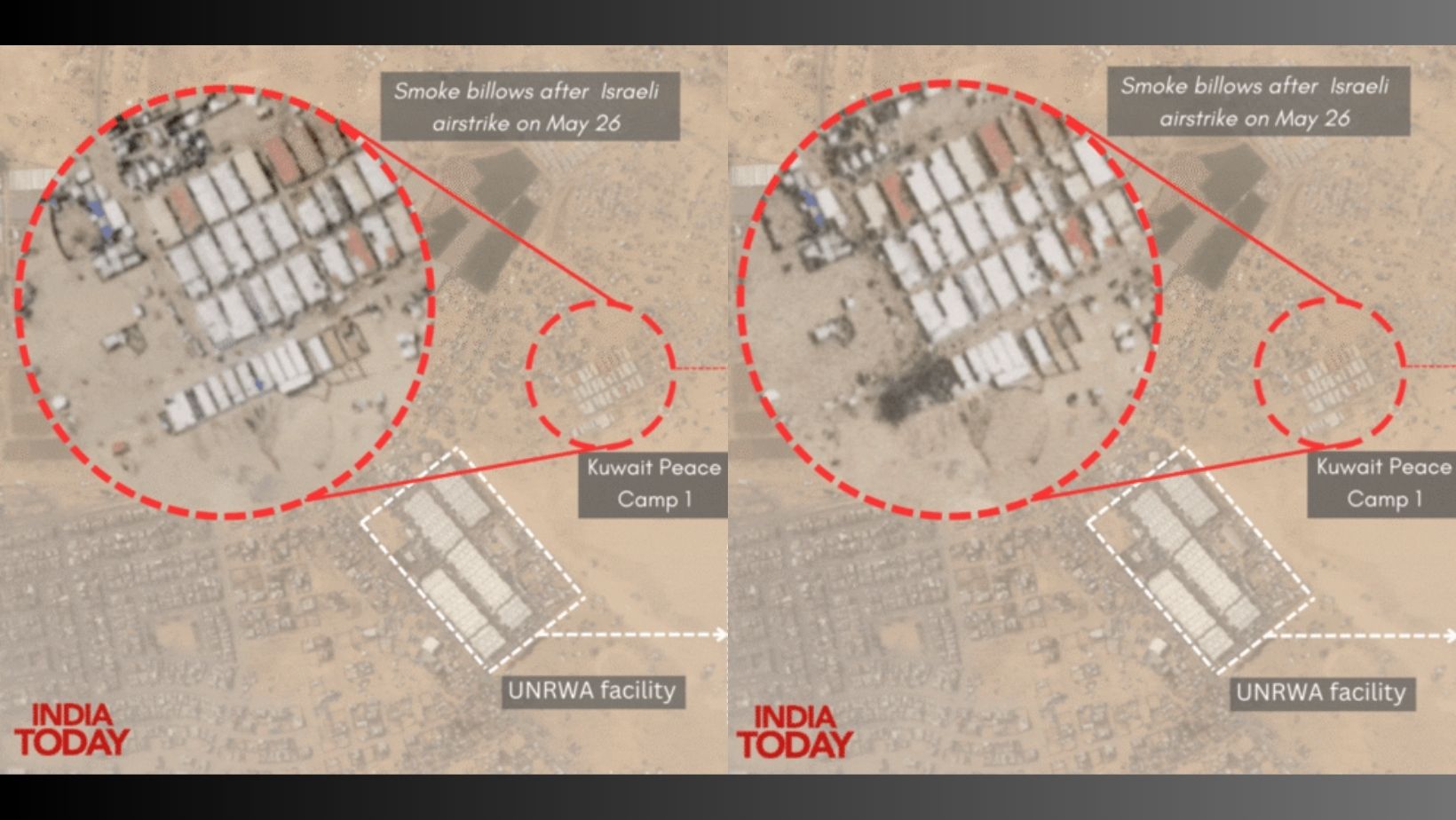
Source: aajtak
Egypt claims strategic control area on the border
According to a BBC report, the Israeli military claims to have gained control of a strategic area on the border between Gaza and Egypt, known as the 'Philadelphia Corridor.' An IDF spokesperson said that nearly 20 tunnels used by Hamas for arms smuggling have been found here.
An Egyptian TV channel refuted these claims, citing sources that Israel is trying to justify its military operations in Rafah. Egypt had previously stated that it destroyed the cross-border tunnels, preventing any potential for arms trafficking.
Refugee camp previously targeted
This isn't the first time Israel has targeted a refugee camp. On May 24, the Israeli military bombed tents and refugee camps near Khan Yunis. According to Palestinian Civil Defense and Rafah's Kuwait Hospital, an Israeli airstrike on the al-Shabora refugee camp in southern Gaza city on May 2 killed two children and injured several others.
'The war will last another seven months'
According to CNN, the head of Israel's National Security Council states that the fight against Hamas in Gaza could continue for 'the next seven months.' Tzachi Hanegbi said on Reshet Bet radio on Wednesday, 'It was stated early on in the cabinet that the war would be lengthy.' Hanegbi's warning rebuffs speculation that Israel could cease its attacks following the airstrike on Rafah. He expressed expectations that the goal of destroying Hamas will require a continued fight over the next seven months.
Israeli tanks move into Rafah
This warning comes at a time when, despite increasing global pressure to halt the offensive, Israeli tanks were observed inside central Rafah for the first time since operations began this month. The intensity of the attacks by the Israeli forces is escalating. For the first time, Israel's deadly Merkava tanks penetrated into Rafah city, claiming control over the city center.
Palestinian health officials report that 37 people were killed in the attacks by Tuesday night, and a drone strike in the afternoon claimed 21 lives, including 13 women. There are 64 injured, with 10 in critical condition. Thus, in just two days, 82 innocent Palestinians in Gaza's Rafah have perished.
The Israeli government had previously indicated that entering Rafah would be the final phase of its war against Hamas. Following a major attack by Hamas on October 7 last year, in which approximately 1,200 people were killed and about 250 taken hostage, Israel declared war. According to Palestinian officials, in retaliation, Israel conducted a devastating assault on Gaza, killing over 36,000 people.
